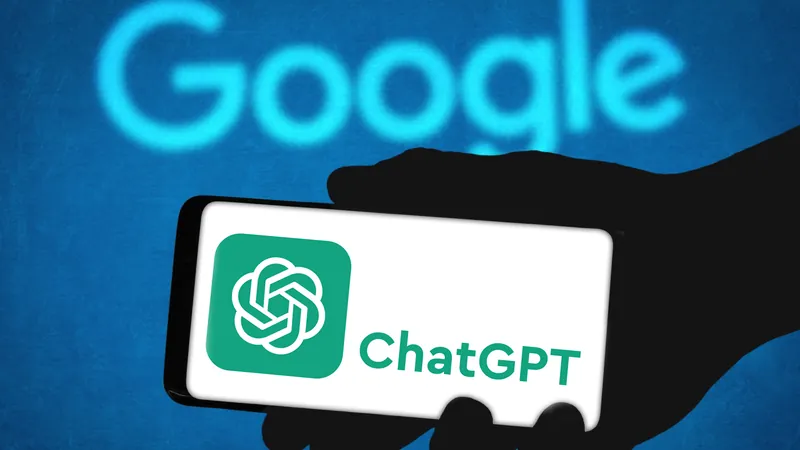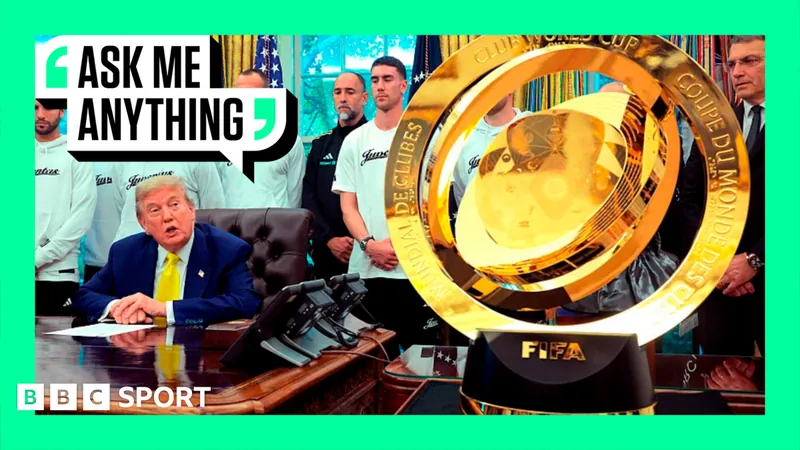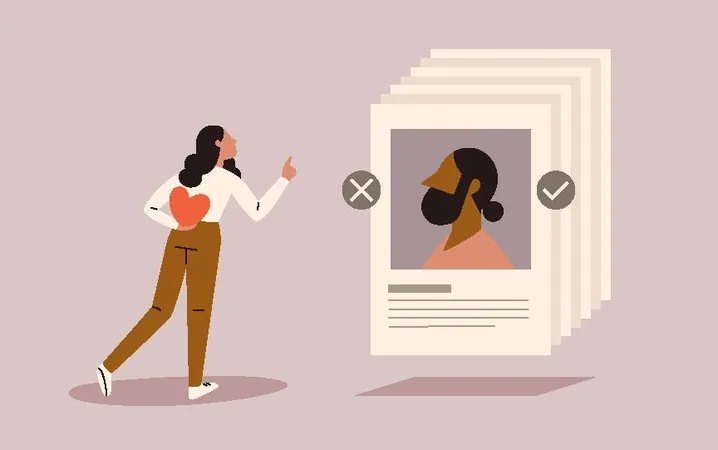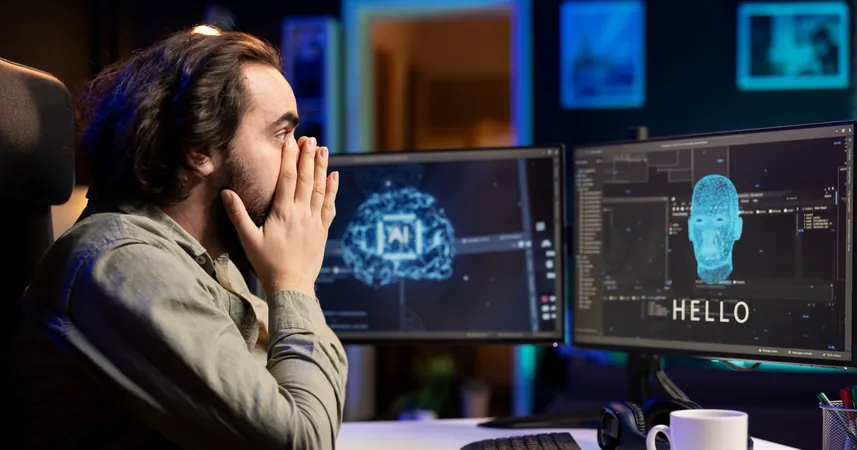
Shocking Discovery: Your ChatGPT Conversations Could Be on Google! Here's How to Handle It!
2025-08-01
Author: Noah
OpenAI's Controversial Chat Feature Scrapped!
In a surprising turn of events, OpenAI has pulled the plug on a contentious ChatGPT feature that allowed users to share their conversations publicly—and make them searchable on Google and other search engines. This decision comes in light of concerns that users may have inadvertently exposed personal or sensitive information by activating the 'Make Link Discoverable' option.
What You Need to Know!
If you've ever used the 'Share' feature in ChatGPT, there's a chance that your chats are now visible online. A recent report from Fast Company uncovered that thousands of these conversations are being indexed by search engines, some of which contain highly personal or confidential details.
How It Works!
When you utilize the 'Share' function in ChatGPT, it generates a public link. Unfortunately, unaware users might not realize that these links are searchable online. A simple site search revealed over 4,500 publicly indexed chats, discussing topics ranging from mental health to work-related issues.
But There's Good News!
Before you start panicking, the good news is that OpenAI does not attach your name to these chats. However, if you've mentioned identifying details—like names or contact information—you might be more exposed than you think.
The Risks You Face!
Users risk leaking personal experiences that they believed were private. Businesses that used ChatGPT for brainstorming or marketing could unintentionally expose strategies or proprietary content. Moreover, if any shared content gets linked to your name or organization, it could tarnish your reputation even after deletion.
Protect Your Privacy!
Follow these crucial steps to safeguard your conversations: 1. Refrain from sharing sensitive information in any conversation that could go public. 2. Only use 'Share' when absolutely necessary, and review your conversation thoroughly first. 3. Audit old links by searching for your name or topic on site:chatgpt.com/share. 4. Delete any public links from the ChatGPT Shared Links dashboard—though be aware they may linger in Google's cache for a while. 5. Instead of sharing links, consider using screenshots or copying text if you need to distribute AI-generated answers.
In Conclusion: A Wake-Up Call!
This incident serves as a crucial reminder for all tech users about the implications of AI and privacy. As we depend more on AI for various tasks, it's essential to treat these conversations with the same caution we apply to emails or cloud documents. Remember, even in seemingly private tools, your information might be more public than you think. The internet has a long memory!









 Brasil (PT)
Brasil (PT)
 Canada (EN)
Canada (EN)
 Chile (ES)
Chile (ES)
 Česko (CS)
Česko (CS)
 대한민국 (KO)
대한민국 (KO)
 España (ES)
España (ES)
 France (FR)
France (FR)
 Hong Kong (EN)
Hong Kong (EN)
 Italia (IT)
Italia (IT)
 日本 (JA)
日本 (JA)
 Magyarország (HU)
Magyarország (HU)
 Norge (NO)
Norge (NO)
 Polska (PL)
Polska (PL)
 Schweiz (DE)
Schweiz (DE)
 Singapore (EN)
Singapore (EN)
 Sverige (SV)
Sverige (SV)
 Suomi (FI)
Suomi (FI)
 Türkiye (TR)
Türkiye (TR)
 الإمارات العربية المتحدة (AR)
الإمارات العربية المتحدة (AR)